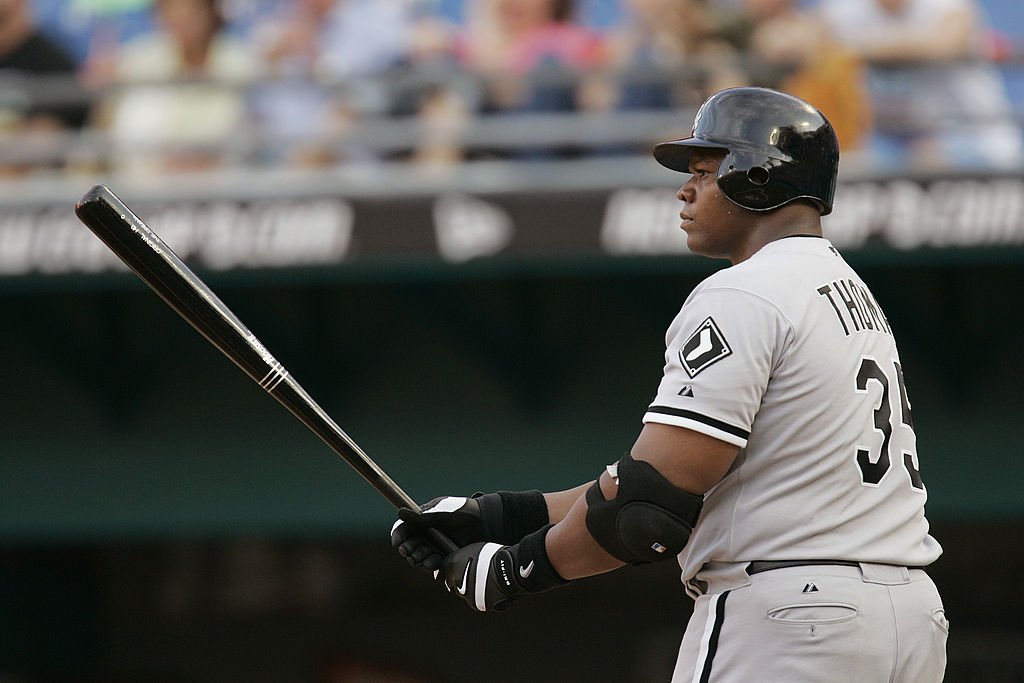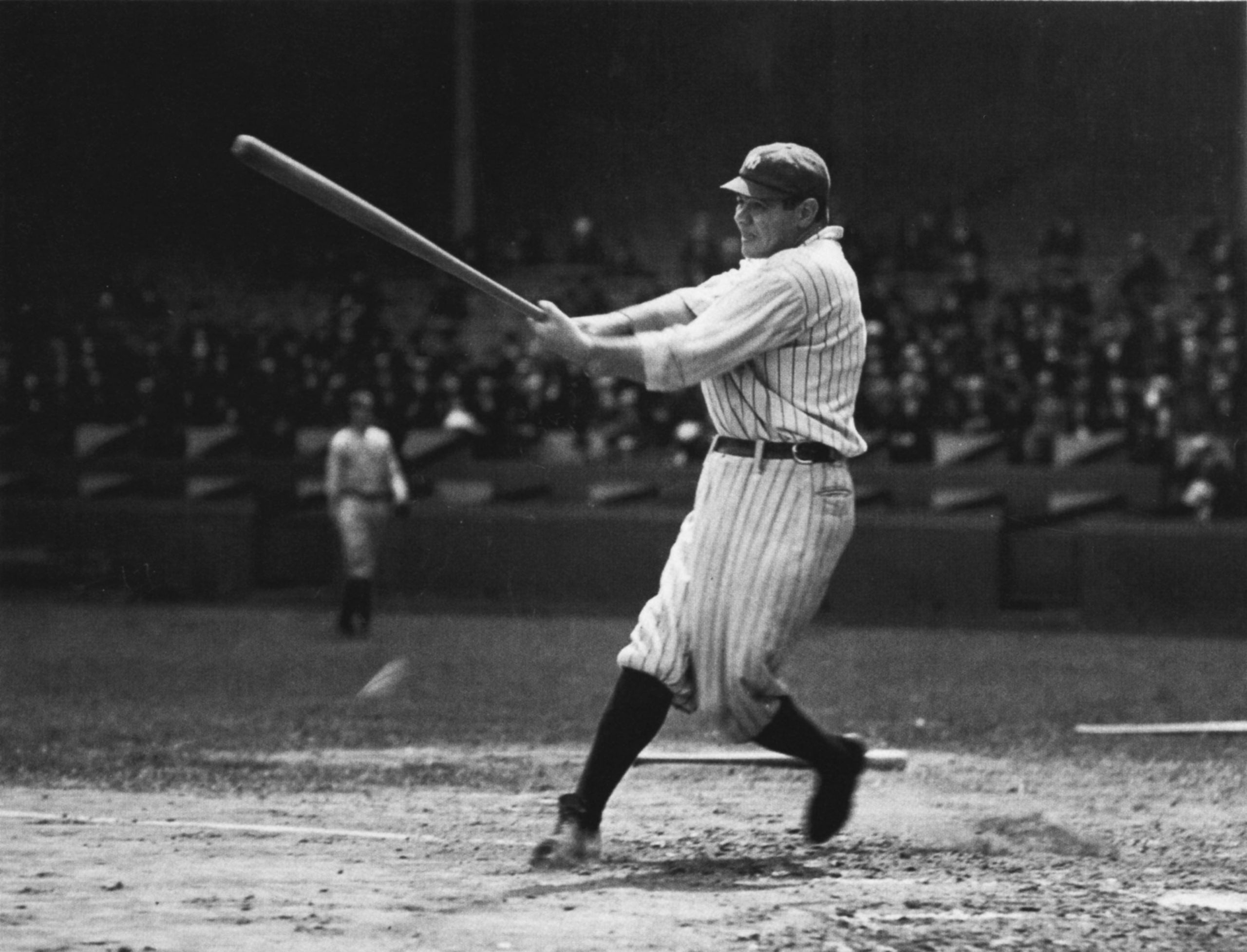Today in sports history, Major League Baseball adopted the designated hitter in the American League. The rule was pushed for decades and was first brought up back in 1906. In 1973, 24 teams voted to allow the American League to adopt the DH rule. That one rule change would forever change the landscape of the MLB.

Long Road to Inception
In the early 1900s, the MLB designated hitter rule was pitched by two different managers. In 1906, legendary manager Connie Mack first pitched the idea. The rule would not be reviewed for over 20 years when the president of the National League John Heydler brought it back to the table. Ironically enough, the rule was rejected by management in the American League.
By the time the 1970s rolled around, the rule was again brought to the table. The main backer was then-Oakland Athletics owner Charlie Finley. Finley argued that the rule would bring more offense and more fans to baseball. At a joint meeting in Chicago, the owners voted to allow the American League to adopt the rule due to their problems with scoring and drawing fans.
MLB DH Rule Legacy
Baseball “purists” often speak poorly about the designated hitter. They argue that it takes away from how baseball was meant to be played. The other side of the spectrum includes fans who say that more offense is always great to have. It is hard to argue the importance the rule has played in the history of the MLB. David Ortiz, Frank Thomas and Edgar Martinez are some of the big names that come to mind. They weren’t good fielders and the ability to only have to hit allowed them to have historic careers.
A strong argument could be made that the designated hitter rule has extended plenty of careers. Just look at Nelson Cruz. He is currently still producing in the MLB at the age of 41 because he’s able to only focus on hitting. There are too many historic moments made by the DH slot to list. With the MLB continuing to struggle with fan interest, it will be interesting to see when, not if, the MLB adopts the designated hitter in the National League as well.





